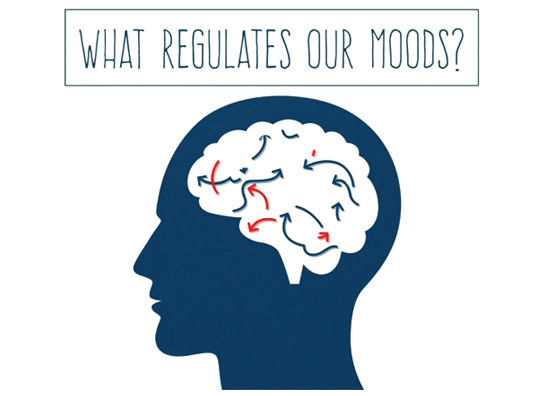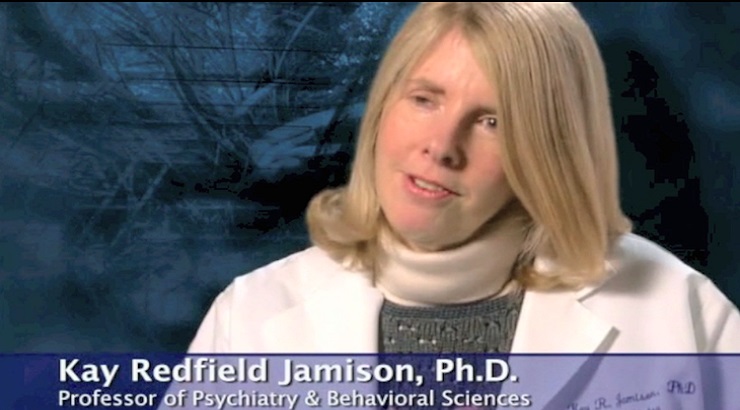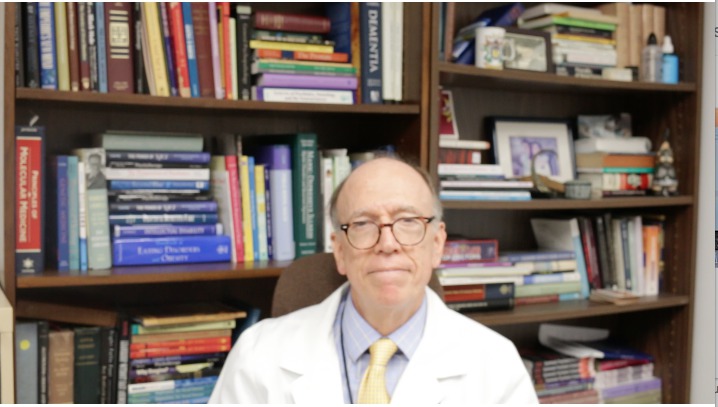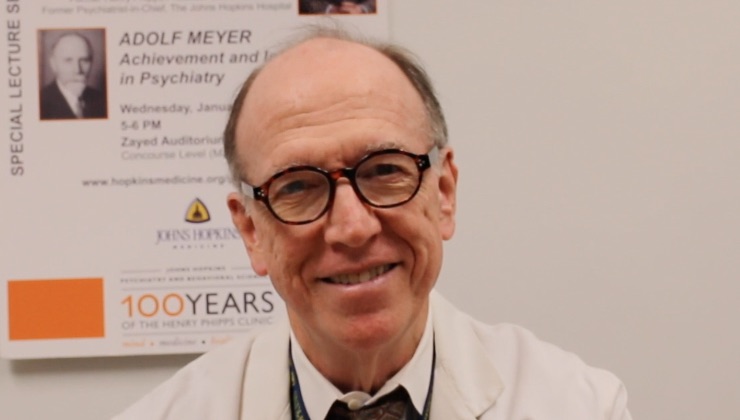Are you interested in hearing about:
-
Depression (130 votes / 31%)
-
Anxiety (47 votes / 11%)
-
Eating Disorders (11 votes / 3%)
-
Schizophrenia (11 votes / 3%)
-
Other (225 votes / 53%)
We want to encourage questions from patients, friends and families on topics related to the diagnosis and treatment of mood disorders. We cannot give answers to questions about the treatment OF ANY INDIVIDUAL. Such questions always require a personal visit between the patient (and sometimes their family members) and their treating clinician. Nothing we present here should be taken as a treatment direction or as a substitute for clinical care and advice.
Recent questions and answers
See all Q&A's »
To view the full 'Mental Illness and The Arts: Midori and Dr. Kay Jamison' video, please visit YouTube at: Click here
There is no easy answer to what regulates our mood. The current research supports the idea that mood is a system that is regulated by the brain. From the perspective of the brain, there is a lot of research regarding complicated brain regions and circuits involved in the control of mood. The regulation of mood, although complicated, can be thought of in terms of other systems that are regulated in the brain that we know from daily experience interact with our moods. The control of sleep, appetite, stress response, hormonal regulation, sex drive, other reward systems of the brain, pain perception, attention and concentration, physical activity level, even the perceptions of the amount of light in a day – all interface with our mood
Facts about Mood Disorders:
- By conservative estimates, 1 in 5 Americans has firsthand experience with depression, bipolar illness or another mood disorder.
- About 11 in 100,000 people die yearly by suicide; mental illness is the number one predictive factor.
- Up to 80% of those treated for depression show an improvement in their symptoms, usually within 4 to 6 weeks of beginning medication, psychotherapy, support groups or a combination of these approaches.
- At the same time, it has been estimated that up to 50% of people suffering from depression are not currently receiving treatment.
- Nearly a quarter of Americans still consider depression a sign of personal weakness.
- It is estimated that one third of those who seek help do not receive adequate treatment over the course of their lives.
Facts obtained from the National Network of Depression Centers:
http://www.nndc.org/the-facts/






